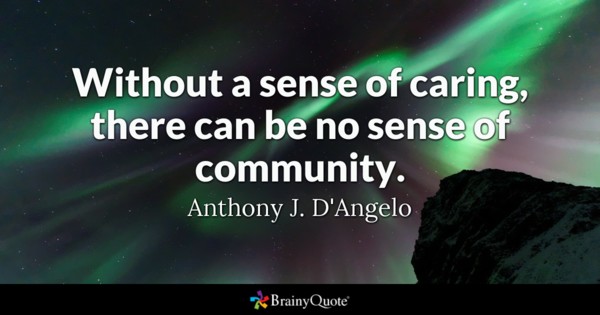Dr. Scott Malmberg, a physician in Medicine Hat, Alberta recently posted a blog about his experience in COVID-19 ward at the local regional hospital. He was on duty for 48 hours. He had 16 admissions, two ICU transfers, four discharges and four deaths. He didn’t get much sleep.
Ninety per cent of these patients were not vaccinated. Most of these patients did not expect to be very sick with COVID-19. But many of these patients rapidly went into pulmonary failure requiring ventilators. You wonder, “Why would eligible individuals refuse to have lifesaving vaccines?”
Malmberg says hospitals are clogged up by unvaccinated sick people requiring life saving measures like ICU beds and use of high flow oxygen units. These patients use up all lifesaving drugs and services of demoralised over stretched doctors, nurses and other hospital staff. This leads to cancellation of urgent surgeries. It is hard to find beds for patients who come with stroke, heart attack and severe trauma. Cancer patients have to wait longer for surgery.
Another blog was brought to my attention recently. This was written by Dr. Peter Brindley, Department of Critical Care Medicine, Department of Anesthesiology and Pain Medicine, and the Dosseter Ethics Centre, University of Alberta, Edmonton.
He wrote an open letter to the unvaccinated individuals. It was published in The BMJ Opinion (September 3, 2021). In part he says, “Many healthcare professionals are at a loss for words. Not only because we are exhausted, but because we simply cannot understand why so many of our fellow citizens refuse to get a simple vaccine.”
President of the Alberta Medical Association recently wrote, “Recent anti-vaccine protests that have blocked access to hospitals, along with bullying and threats, have added to the distress many of us are feeling. Alberta health care workers have experienced harassment and intimidation, both online and while going about the business of caring for patients.” He called this unacceptable behaviour.
Now we are into the fourth wave of COVID-19 pandemic. According to the World Health Organisation, so far 221 million people worldwide have contracted the disease and 4.5 million people have died from the illness. In Alberta and rest of Canada the number of people with COVID-19 are increasing. And majority of the people are unvaccinated individuals. Many of these patients die.
Alberta Government has provided general guidance to help Albertans and businesses follow “best practices” to prevent the spread of COVID-19.
Alberta Health website says, “COVID-19 transmission is increasing and hospital admissions are rising, largely in unvaccinated Albertans. Alberta is taking temporary measured steps to reduce transmission and prevent the health care system from being overwhelmed. These temporary measures came into effect September 4 at 8 am.”
Few days ago, the premier of Alberta acknowledged the ongoing risk of exposure. He advised people to “use common sense and exercise personal responsibility” when enjoying their new freedom.
The premier is reported to have said, “People will get infected. Some people will get sick. Regrettably, a few people likely will pass away, as has been the case forever with influenza, but we don’t shut down society to deal with that kind of limited and controllable risk. We manage the risk. The vaccines give us a superpower to manage it. Let’s embrace that.” Is this the right approach?
The fourth wave is hitting us hard. The numbers are rising every day. One way to take care of our doctors, nurses, hospital staff, our seniors, our brothers, sisters and children is to get vaccinated, wear a mask and maintain safe distance from others.
This is not over yet. Our health care professionals need our help.
Take care.
Start reading the preview of my book A Doctor's Journey for free on Amazon. Available on Kindle for $2.99!



